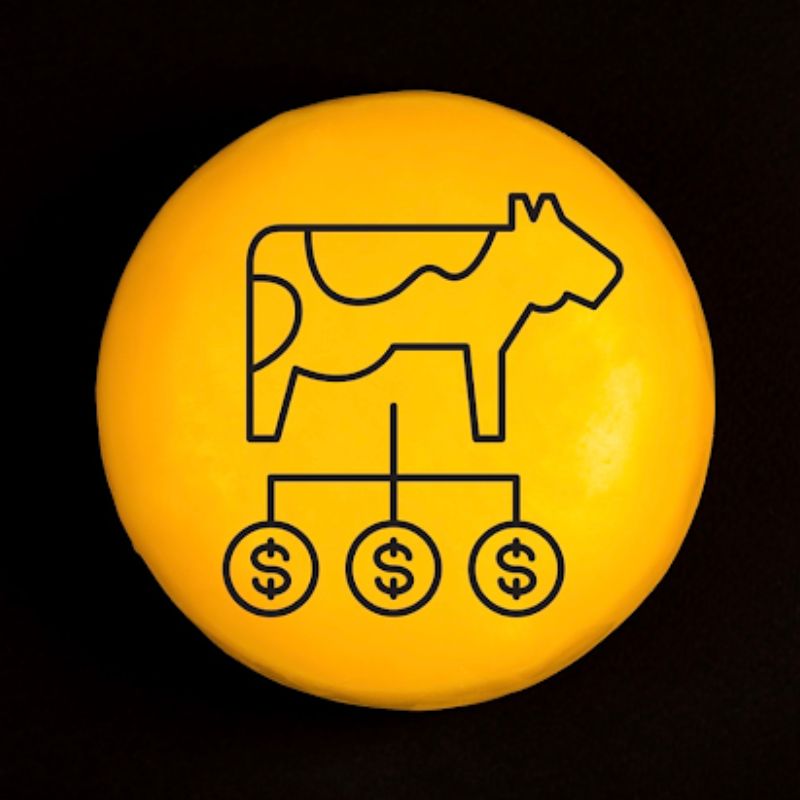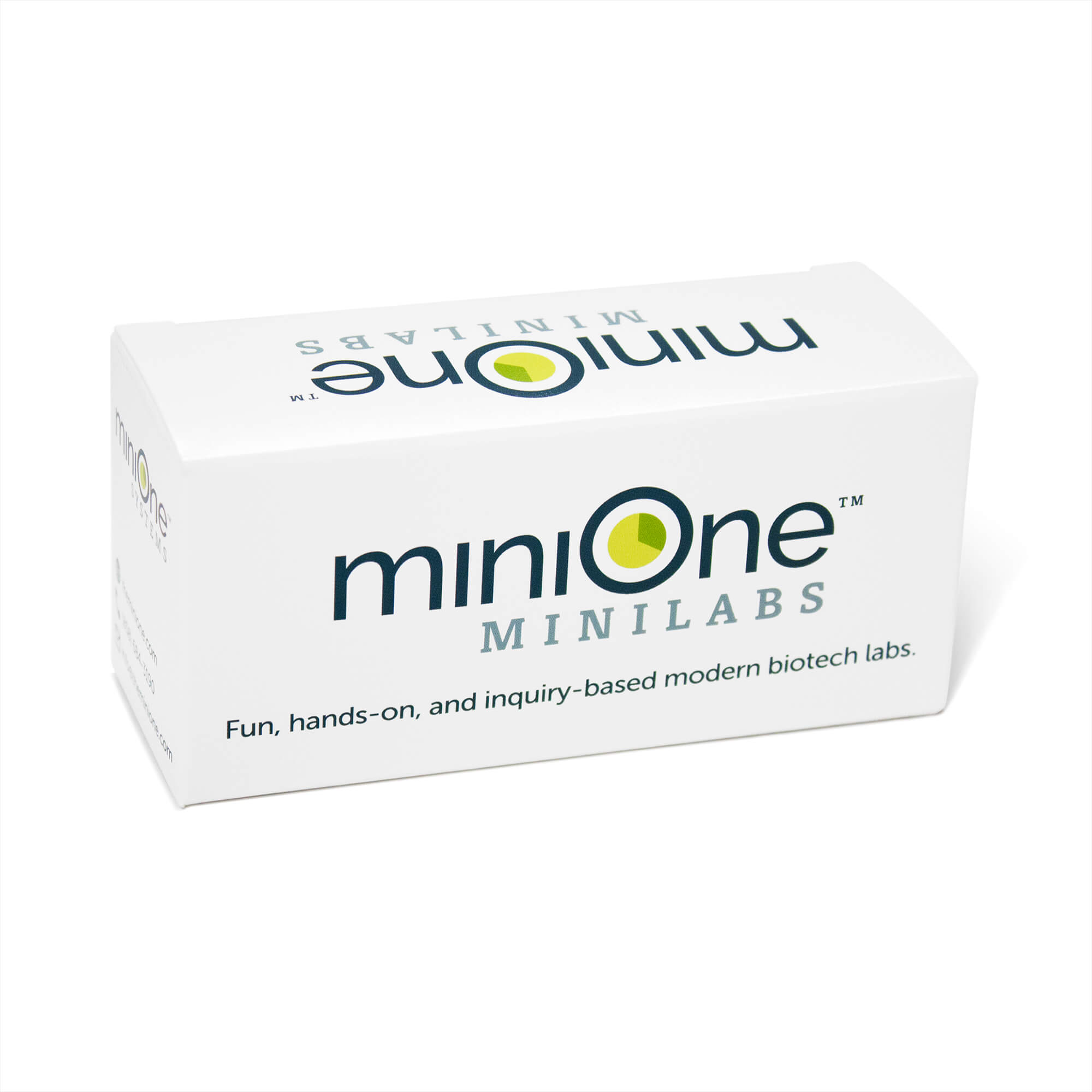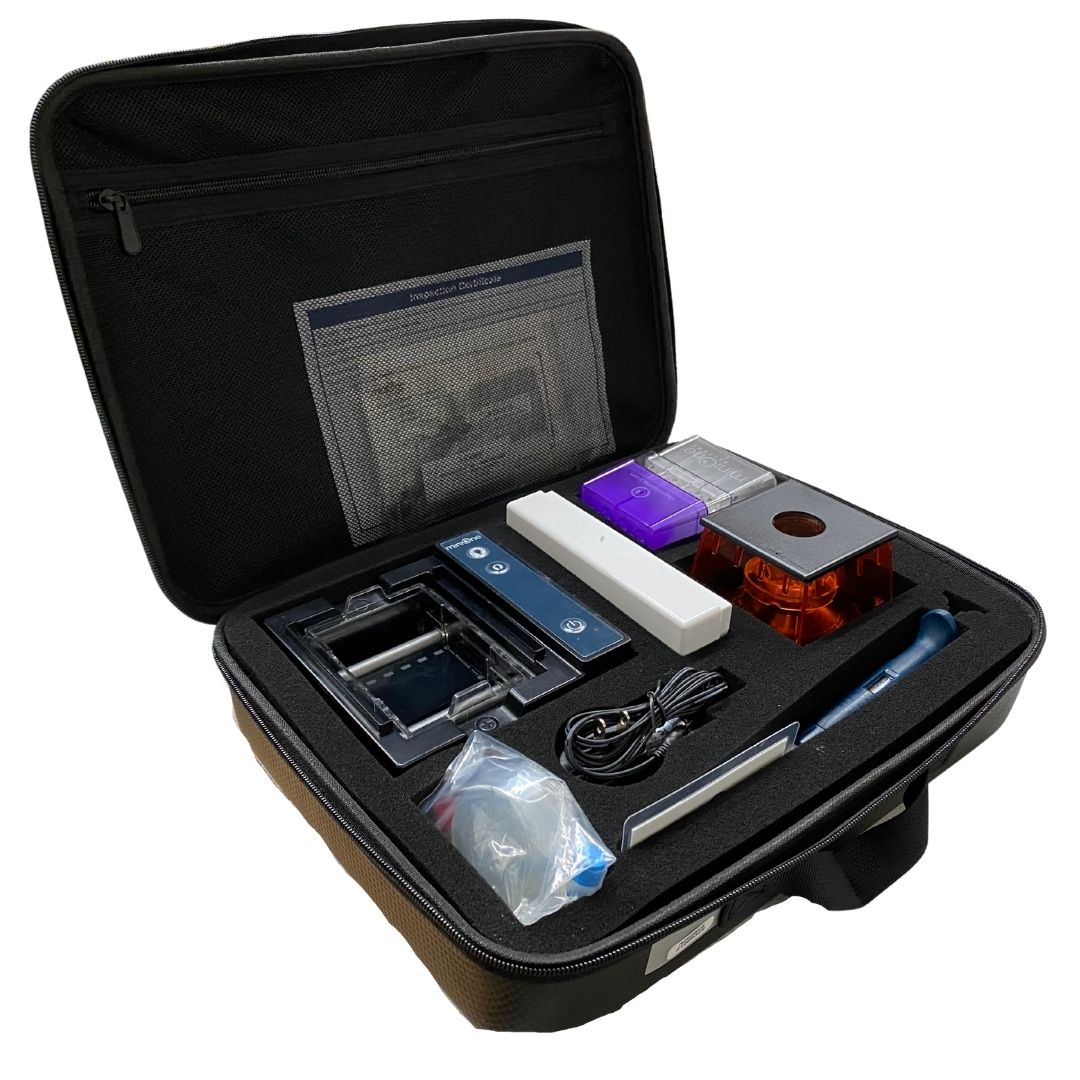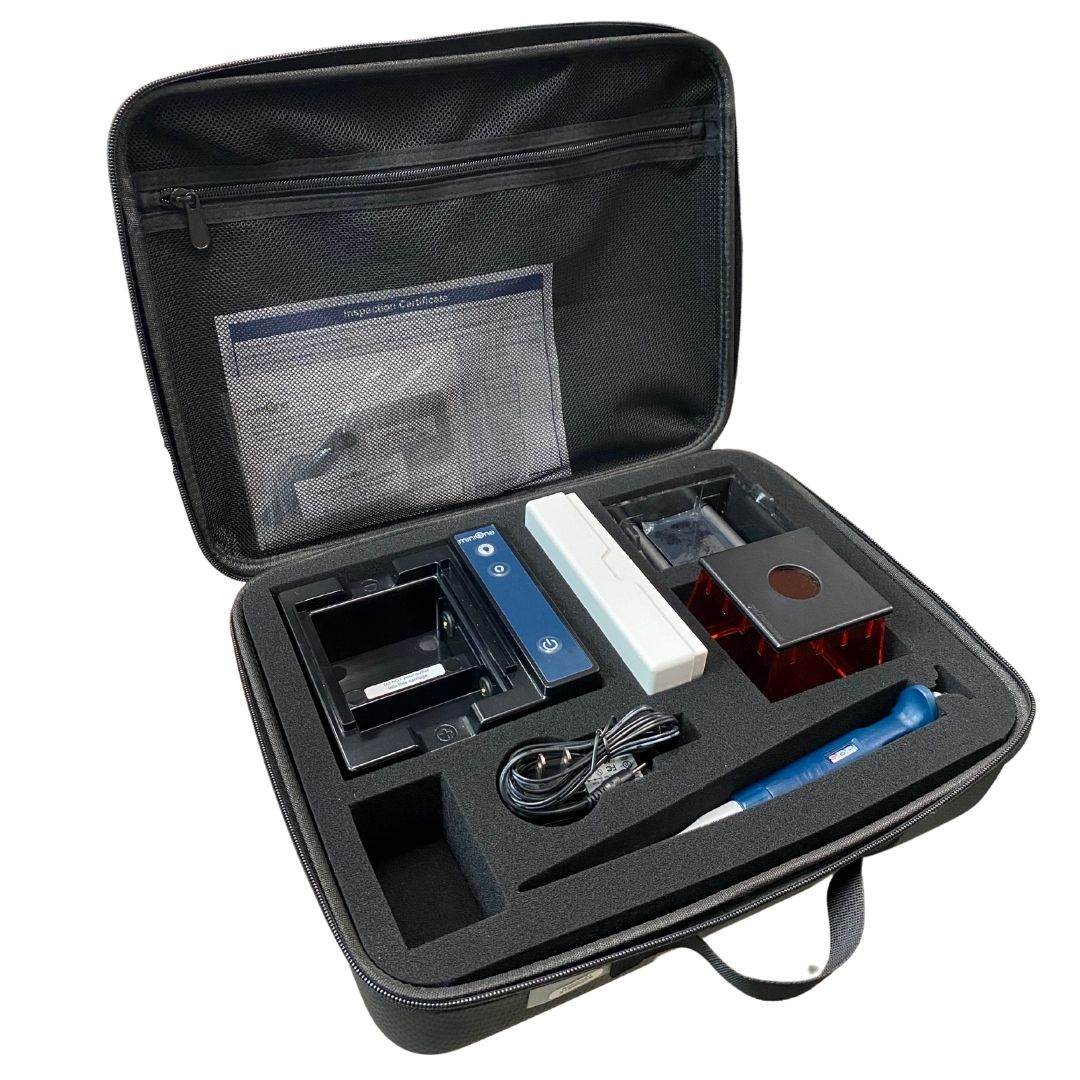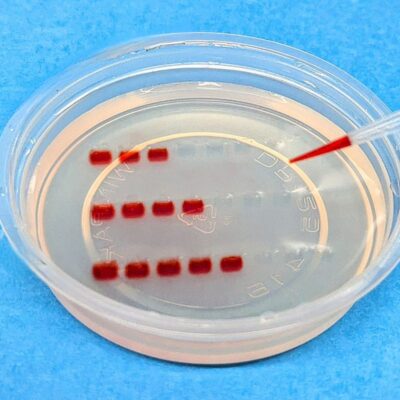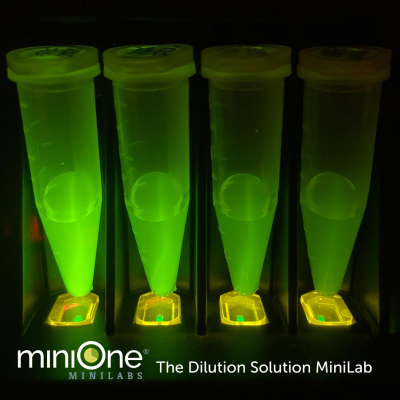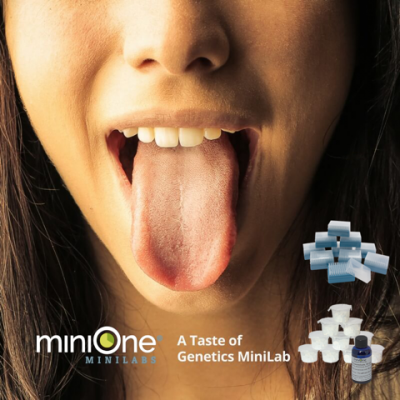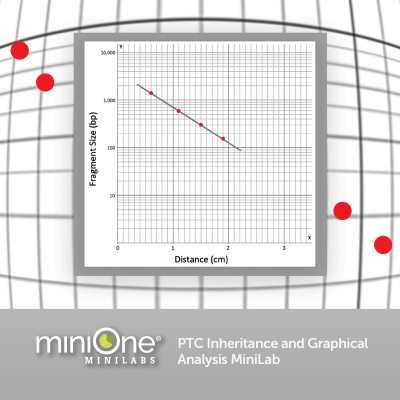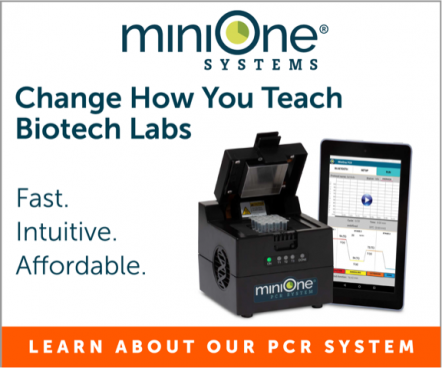Description
Cream cheese to ice cream, and skim to whole, milk is a commodity that is critical to our national economy. Despite rising trends in non-dairy substitutes, we are eating more cheese than ever– the average American ate nearly 42 POUNDS of cheese in 2022! Did you know: The liquid milk you drink and solid milk products (like cheese) come from different breeds of cattle/cows– and the casein milk protein plays a vital role in quality cheese production. This means that while some cows are ideal for cheese production, others can not produce milk that will make cheese at all! Farmers use their knowledge of casein proteins and genetics to design breeding programs that ensure they produce milk that will make for the highest quality cheese possible– and bring the highest return on investment.
In this MiniLab students will learn about the many factors that go into cheese production – it all starts with the genetics of the cow! This lab is ideal for life science classes, genetics classes, and agriculture courses (grades 9-12).
Materials Included in each MiniLab
Each Show Me the Mooney MiniLab contains enough materials for 10 workstations, 2 – 3 students per workstation.
Materials include:
- Five Ready-to-Load DNA samples
- MiniOne® Marker
- Ten 1% agarose GreenGel™ GelCups
- 1 bottle of Tris-Borate-EDTA (TBE) buffer concentrate
- One bag of 0.65 mL microcentrifuge tubes
- One bag of 2 – 200 µL micropipette tips

